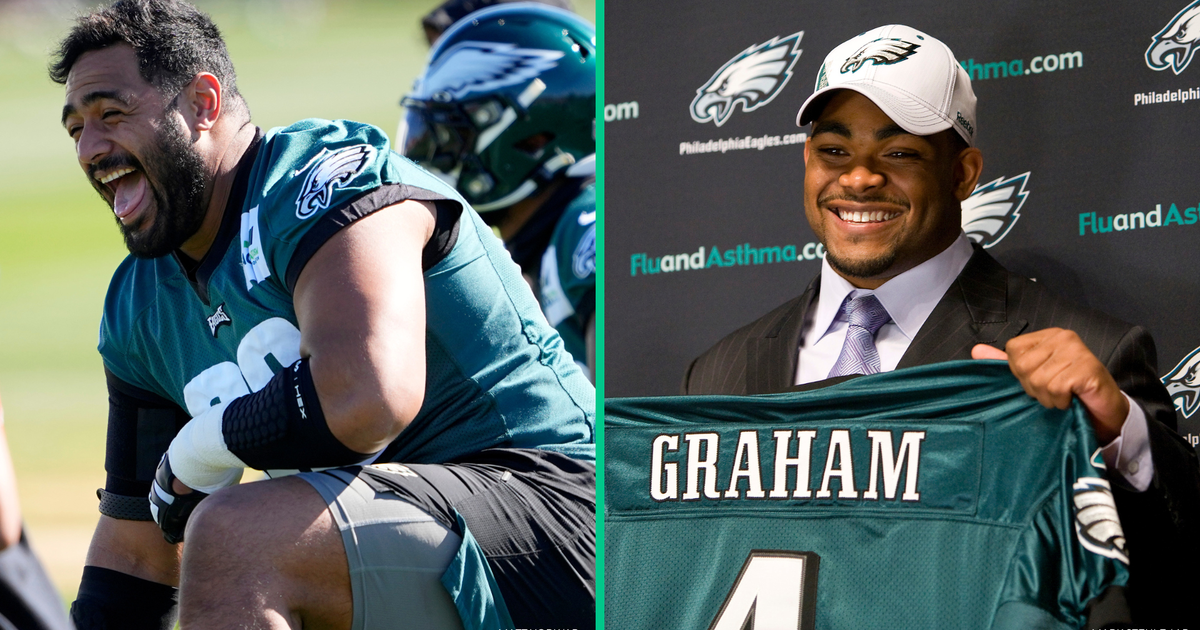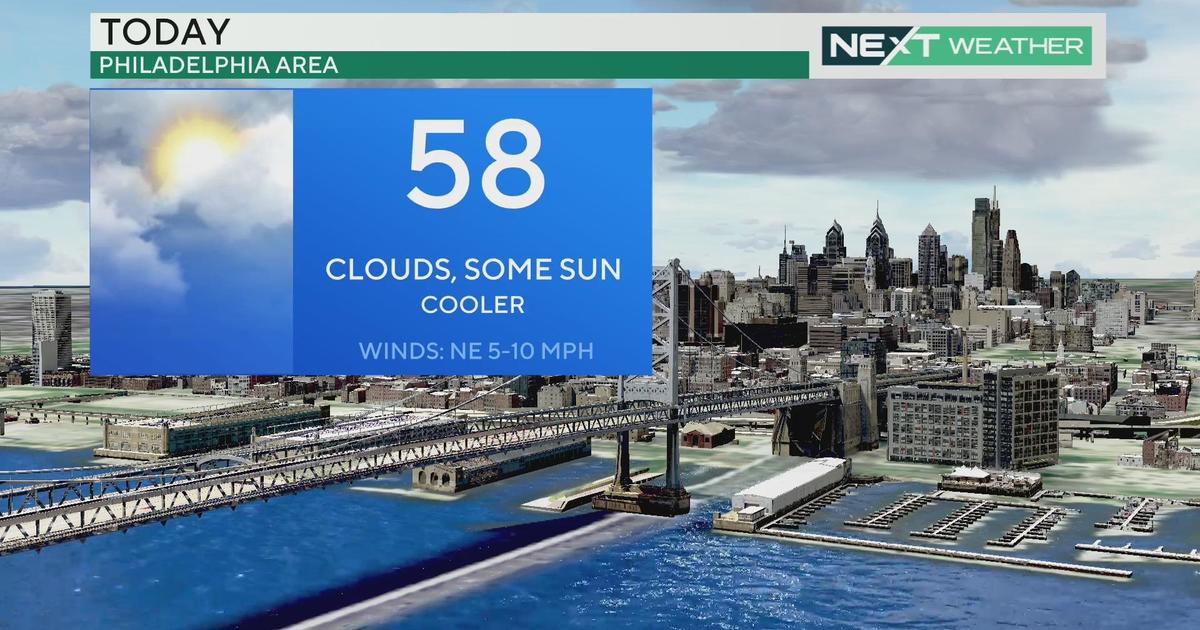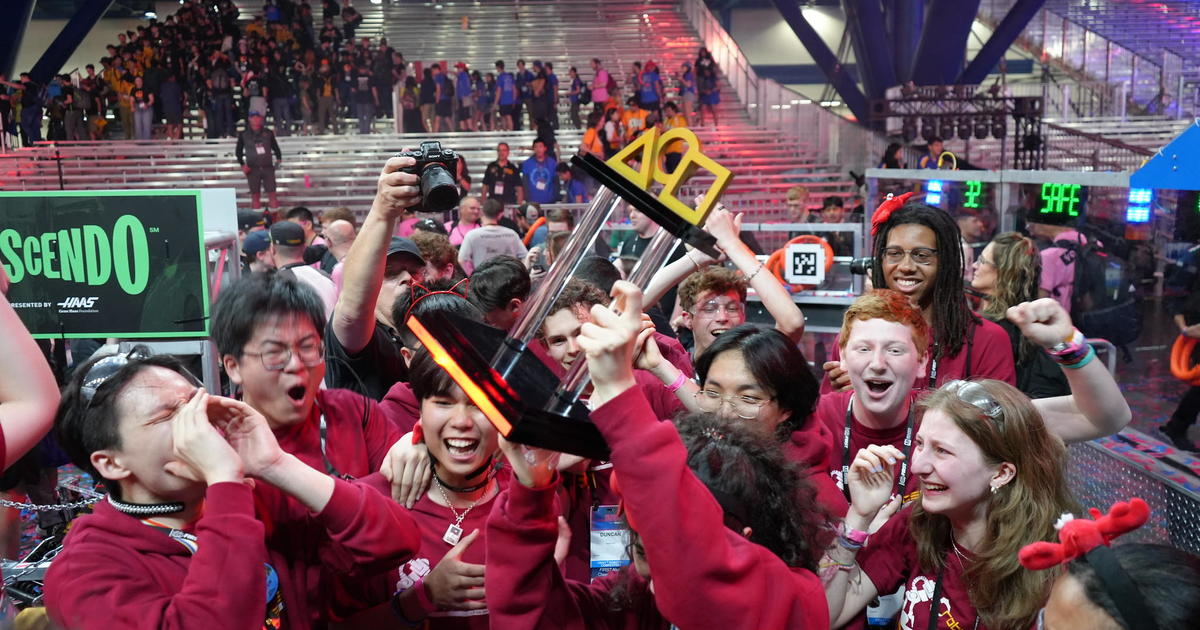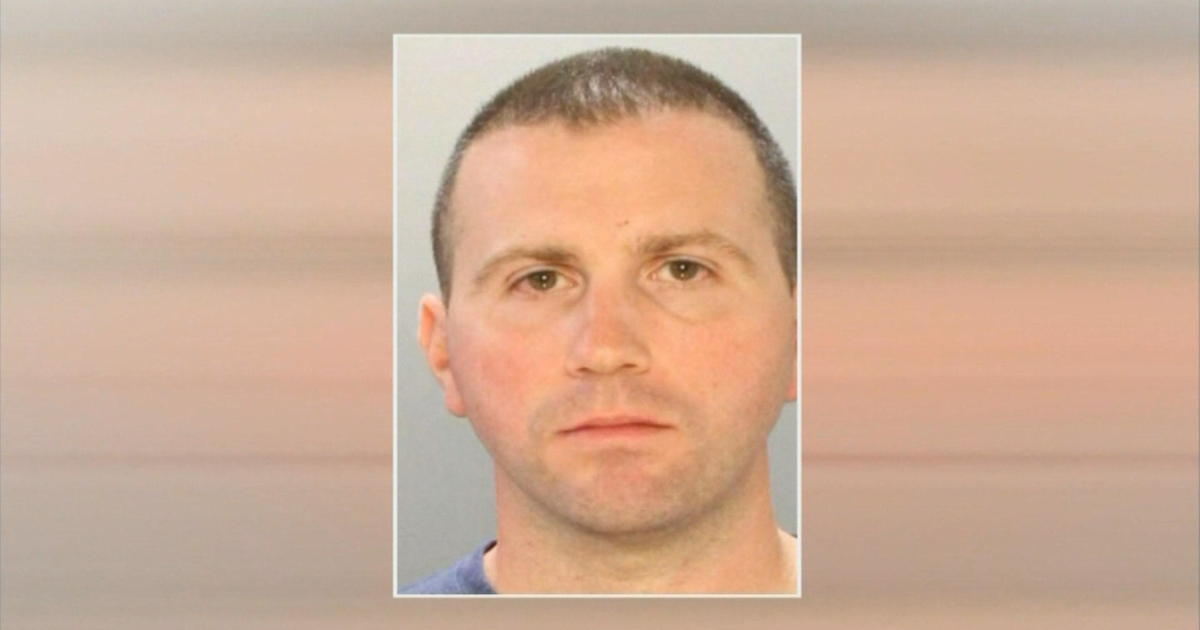Movie Review: 'Café Society'
By Bill Wine
KYW Newsradio 1060
PHILADELPHIA (CBS) -- Say what you will about Woody Allen on-screen or off, but he's nothing if not prolific.
The writer-director's latest comedy, Café Society, is his 46th film in fifty years.
To be that close to turning out a movie a year for half-a-century is an extraordinary accomplishment on its own, before you even venture into good-or-bad-or-otherwise territory.
Allen uses this vehicle to pay two nostalgic visits at once – one to Hollywood in the 1930s, the other to New York City's nightclub scene in the same era.
But this time it's Los Angeles rather than New York that shines so brightly, especially the handsome way it's shot by cinematographer Vittorio Storaro.
Allen's script treats both environments, Tinseltown and The Big Apple, ambivalently, as enticing escapist milieus that are lavish but ultimately shallow.
Jesse Eisenberg – playing the role octogenarian Allen would have taken on himself several decades ago – plays Bobby Dorfman, a young man from the Bronx's working class who goes to glamorous, come-hither Hollywood in search of a career, hoping to get work in the "cutthroat, dog-eat-dog" movie industry through his Uncle Phil, an agent to the stars played by Steve Carell.
In his new job, Bobby falls hard for his uncle's secretary, Veronica, otherwise known as Vonnie, played by Kristen Stewart, whom Bobby sees as the love of his life.
So he's crushed when he comes to realize that Vonnie is also involved with someone else, an older man.
But what Bobby is not so quick to pick up on is the fact that the other man in Vonnie's life is none other than his Uncle Phil, who is decades older than Vonnie.
Eventually, Bobby accepts the sad reality that he is the wrong angle in a romantic triangle.
So he heads back to New York, where he gets involved in the world of high-society nightclubs, where his gangster brother (Corey Stoll) owns a swank nightclub and hires Bobby to manage it, and Bobby meets and woos another Veronica, this one played by Blake Lively.
And the romantic triangle turns into a quadrangle.
Café Society reminds us at various times of moments and exchanges in such Woody Allen movies as Radio Days, Bullets Over Broadway, Annie Hall, Manhattan, Crimes and Misdemeanors, and Midnight in Paris -- all of which are tighter, better movies than this one. But it's not outrageous to mention any of them in the same breath as this one either.
Café Society is essentially a romcom. But there's an existential sadness underlying the plot that gives the film a legitimate distinctiveness.
Allen, his screenplay boasting a more-than-respectable ratio of clever one-liners to clunkers, has set out to explore lovesickness, the need to live with the choices we make, and the way past relationships intrude on present ones by haunting us.
And, once again, Allen works in the older-man-younger-woman storyline (Hmm, I wonder where he got that idea.)
With Allen himself delivering the extensive and not-terribly-inspired voiceover narration, Café Society has the scope and structure of a novel, taking place over the course of several years. This proves to be both strength and weakness, as the film covers lots of ground but seems overly anecdotal rather than fluid, and there are a few too many awkward time jumps.
Allen's knack for intriguing casting, however, is on impressive display, and he gets fine, pitch-perfect work out of Eisenberg, Carell, and especially Stewart.
So we'll relocate to 2-1/2 stars out of 4 for the period comedy, Café Society, a beauteous barrage of boisterous bi-coastal banter from Woody Allen.




